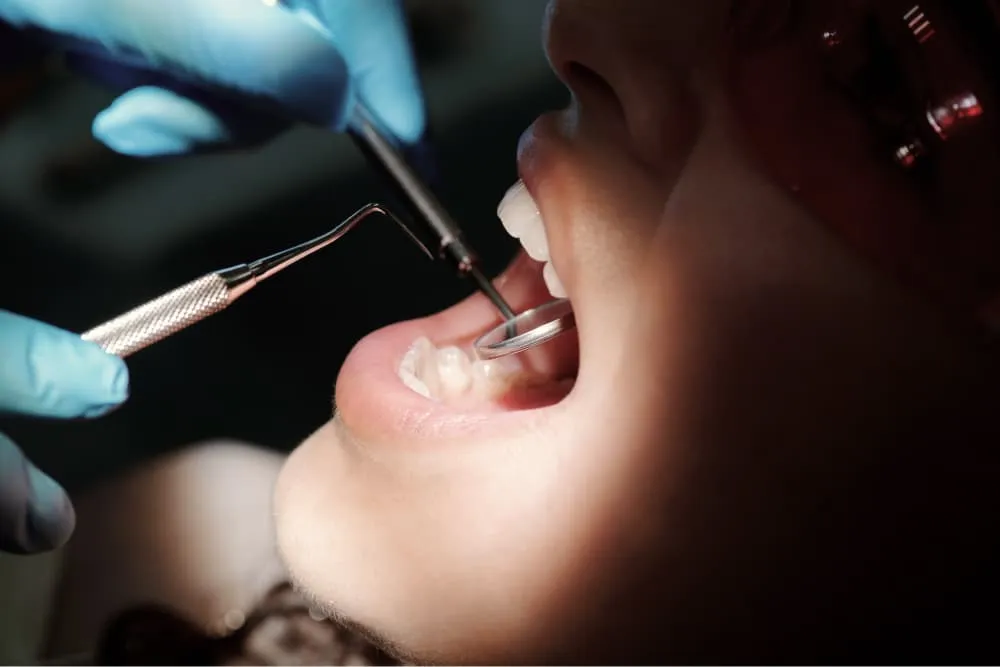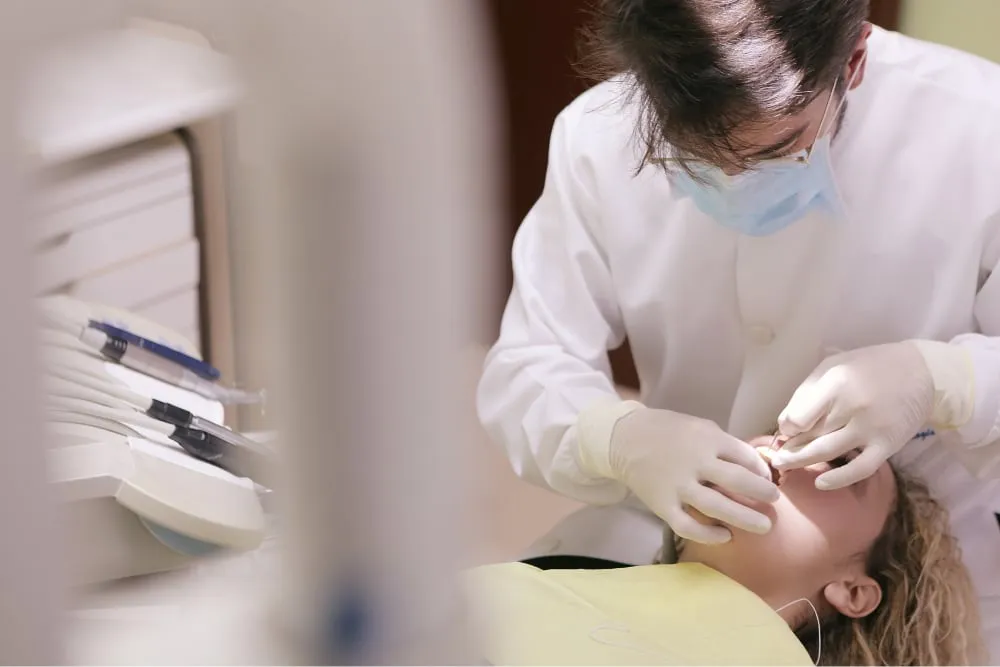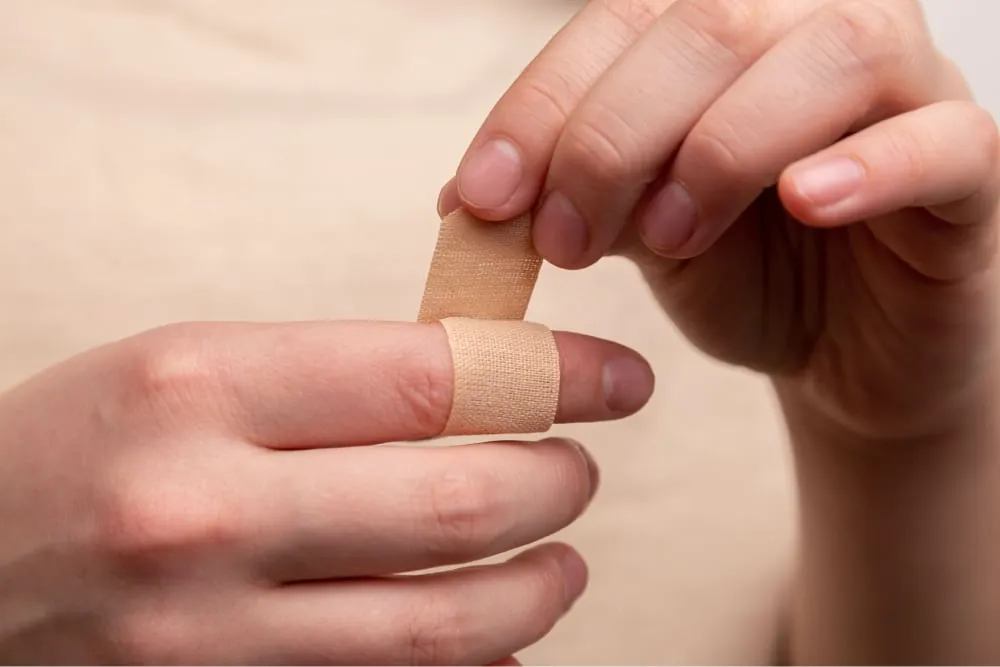What causes bulimia shaking?
Bulimia shaking is very true to its name. The symptom usually appears as shaking, shivering, or trembling, most commonly taking place after a purging episode. Some people also report feeling weak, tired, lightheaded, out of breath, or cold.
Very little research has been done to examine the connection between shaking and bulimia nervosa, though the symptom can be related to self-induced vomiting and other issues commonly involved with BN.
Bulimia shaking and vomiting
While vomiting can be induced, the mechanics behind the action itself are mostly automatic, and they tend to have certain repercussions, which can lead to shaking.
The process starts with a so-called “vomiting center” inside the brain, located in an area called the chemoreceptor trigger zone (CTZ). This part of the brain is sensitive to certain areas of the body, including the inner ear, gut, and back of the throat. It's also partial to certain receptors in the brain that are activated by stress.1
When the CTZ becomes overwhelmed by any of these inputs, it triggers the body's vomiting mechanisms. Increased salivation and deep breathing are usually the first involuntary signs, and these are followed by heaving or retching. The action helps release the sphincter between the stomach and upper GI tract, allowing the contents of the stomach to be forced up.5
After the physical chain reaction runs its course, a different part of the body, called the sympathetic nervous system, kicks in. It works to raise heart rate and produce sweat after the incident, allowing the body to get rid of excess heat built up by the action.7 But these physical changes—and the activation of the sympathetic nervous system itself—can also bring on shaking.
Bulimia shaking and blood sugars
Since people with eating disorders have irregular eating habits, these conditions can very easily impact blood sugar levels.
Hypoglycemia, or low blood sugar, is most commonly connected to eating disorders, including BN and anorexia nervosa binge-purge type (ANBP). Though, some types of disordered eating behavior, like the rapid eating associated with binging episodes in BN and binge eating disorder (BED), have also been connected to the development of hyperglycemia, or high blood sugar.4
Still, vomiting can also lower blood sugar levels, and research has noted that people with BN experience rapid blood sugar drops after this type of purging.4 Low blood sugar can also frequently lead to shaking.2
Bulimia shaking and electrolyte imbalance
Frequent purging can also lead to electrolyte imbalances. This is usually due to the large amount of fluid loss involved in the process.
Electrolyte imbalance can be a very dangerous and potentially even deadly condition. Symptoms depend on how severe the imbalance is and the type of electrolyte deficiencies involved.
Frequently, the issue can result in sensations of numbness or tingling and muscle spasms, which could be interpreted as bulimia shakes. An irregular or fast heart rate, also caused by electrolyte imbalances, may also lead to shaking.6
When to seek medical intervention for bulimia shakes
Shaking after a purging episode can feel scary, but if you or a loved one are experiencing this unsettling symptom, remember that it is most likely temporary. Even when someone regularly has bulimia shakes, they usually only last a few minutes.
You should seek medical attention if your shaking continues, worsens, or if you experience additional symptoms, such as:3
- Fever or chills
- Diarrhea
- Pain in your abdomen
- Lethargy or confusion
If your vomit has signs of blood, it's also important to immediately seek out medical help. This could be a sign of a potentially very serious medical issue.
Finding help for bulimia nervosa
The best way to stop bulimia shakes is by addressing the bulimia nervosa itself. The disorder can cause a number of other serious physical, mental, and emotional complications, and they tend to get worse over time, making early treatment key.
You can reach out to a trusted medical professional, like your primary care physician or therapist, for help securing an official diagnosis or advice on next best steps. And at Within Health, we also hope to help, with a program that allows you to receive individual care from a personal team of experts without having to leave your own home.
Regardless of where you look, finding the right kind of care for BN is the best thing you can do, and it can be the first step on the journey toward a healthier and happier future.


































